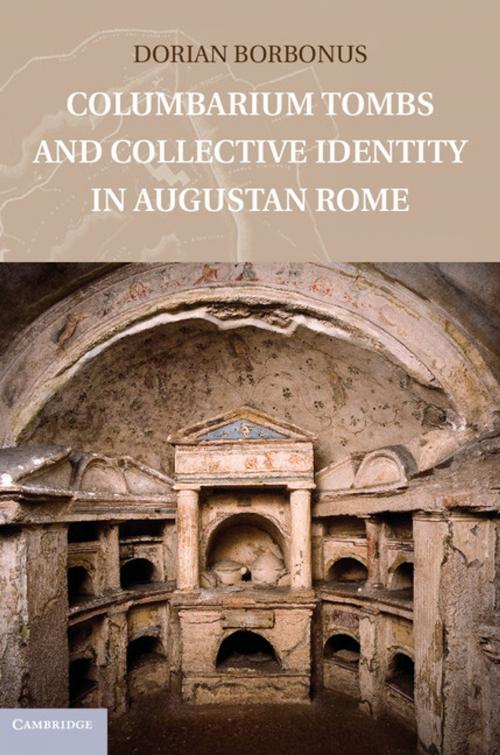Columbarium Tombs and Collective Identity in Augustan Rome
Nonfiction, Art & Architecture, Art History, General Art, History| Author: | Dorian Borbonus | ISBN: | 9781139861977 |
| Publisher: | Cambridge University Press | Publication: | May 16, 2019 |
| Imprint: | Cambridge University Press | Language: | English |
| Author: | Dorian Borbonus |
| ISBN: | 9781139861977 |
| Publisher: | Cambridge University Press |
| Publication: | May 16, 2019 |
| Imprint: | Cambridge University Press |
| Language: | English |
Columbarium tombs are among the most recognizable forms of Roman architecture and also among the most enigmatic. The subterranean collective burial chambers have repeatedly sparked the imagination of modern commentators, but their origins and function remain obscure. Columbarium Tombs and Collective Identity in Augustan Rome situates columbaria within the development of Roman funerary architecture and the historical context of the early Imperial period. Contrary to earlier scholarship that often interprets columbaria primarily as economic burial solutions, Dorian Borbonus shows that they defined a community of people who were buried and commemorated collectively. Many of the tomb occupants were slaves and freed slaves, for whom collective burial was one strategy of community building that counterbalanced their exclusion in Roman society. Columbarium tombs were thus sites of social interaction that provided their occupants with a group identity that, this book shows, was especially relevant during the social and cultural transformation of the Augustan era.
Columbarium tombs are among the most recognizable forms of Roman architecture and also among the most enigmatic. The subterranean collective burial chambers have repeatedly sparked the imagination of modern commentators, but their origins and function remain obscure. Columbarium Tombs and Collective Identity in Augustan Rome situates columbaria within the development of Roman funerary architecture and the historical context of the early Imperial period. Contrary to earlier scholarship that often interprets columbaria primarily as economic burial solutions, Dorian Borbonus shows that they defined a community of people who were buried and commemorated collectively. Many of the tomb occupants were slaves and freed slaves, for whom collective burial was one strategy of community building that counterbalanced their exclusion in Roman society. Columbarium tombs were thus sites of social interaction that provided their occupants with a group identity that, this book shows, was especially relevant during the social and cultural transformation of the Augustan era.















